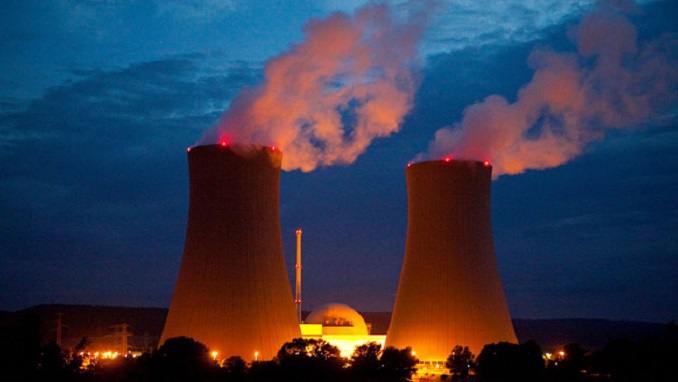The Japanese government decided to start reviewing its energy policy, which provided for the rejection of the construction of new nuclear power plants in the country, the office of the head of the Japanese government, Fumio Kishida said in a statement.
Tokyo will start revising the policy of refusing to build new nuclear power plants in the country, adopted after the accident at the Fukushima-1 nuclear power plant in 2011.
The Japanese authorities from next year will also seek to resume the operation of seven more nuclear power plants, suspended due to the accident at Fukushima-1. In addition, the government will consider the possibility of continuing the process of power units that are over 60 years old.
The Cabinet of Ministers will also continue to study the possibility of developing and building new nuclear reactors.
After the accident at the Fukushima-1 nuclear power plant in 2011, the Japanese government adopted a policy of abandoning the construction of new nuclear power plants against the backdrop of acute public sentiment.
The authorities also tightened the requirements for already existing nuclear facilities. In addition to the need to strengthen the infrastructure against terrorist attacks and natural disasters, nuclear power plant operators had to suspend the operation of reactors whose operation life exceeded 40 years.
The resumption of their functioning is possible only upon completing a thorough check, obtaining the appropriate permit, and for no more than 20 years.

